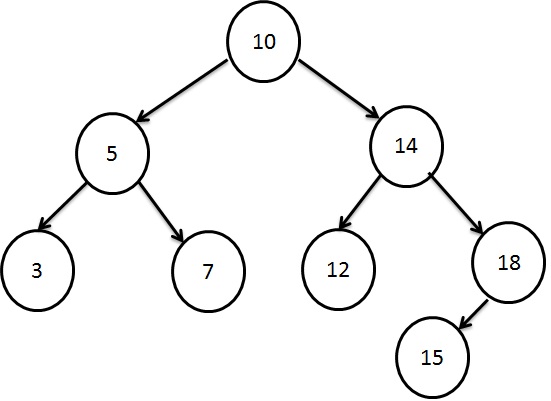Python - Logical Operators
<Comparison Operators Bitwise Operators >
The logical operators are used to evaluate the logical values of their operands in the expression. The Logical operators always return the result as a Boolean value(True or False).
There are three types of logical operators which evaluate the expression.
| Operators | Meaning | Example |
|---|---|---|
| or | If any of the two expressions is true, then it returns true. | >>>(10>2)or(3<2) >>>True >>>(3>5) or(2==2) >>>True |
| and | If both expression are true, then it returns true | >>>(10>2)or(1<2) >>>True >>>(3>5) or(2==2) >>>False |
| not | If the expression is true, it returns false. When the expression is false, it returns true. | >>>not(3*4>10) >>>False >>>not(5==7) >>>True |
Logical Operators - Example Program
>> a=10
>> b=5
>> c=d=20
>> # shows how to use the(or) operator
>> (a>b)or(a>c)
True
>> (a>d)or(a>c)
False
>> # shows how to use the (and) operator
>> (a>b)and(a>c)
False
>> (a>b)and(a<c)
True
>> # shows how to use the (not) operator
>> not(a>c)
True
>> not(3*4>10)
False
>> not(5==7)
True
<Comparison Operators Bitwise Operators >
 Krivalar Tutorials
Krivalar Tutorials
